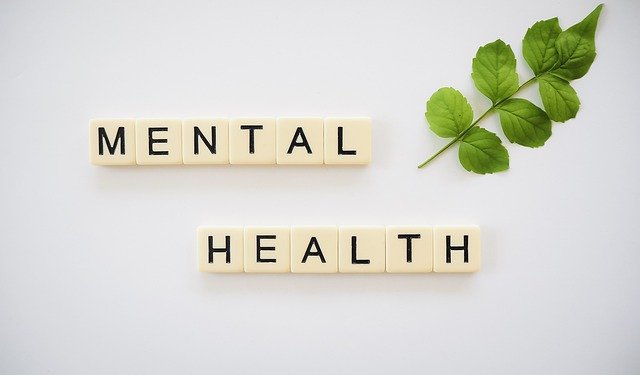
mental health
As a teen, you may face peer pressure to use drugs or alcohol. It can be difficult to resist this pressure, especially if you’re struggling with anxiety or other mental health issues. But staying strong and saying no to these harmful substances is important. If you are struggling, keep reading to learn nine important ways to resist peer pressure and avoid using drugs or alcohol.
Understand the Risks
One of the best ways to resist peer pressure is to understand the risks of drug and alcohol use. These substances can have serious short-term and long-term effects on your physical and mental health. They can impair judgment, increase your risk of accidents or injuries, and even lead to addiction. Knowing these risks can help you make informed decisions and avoid harmful behaviors.
Practice Saying No
It’s important to practice saying no to peer pressure before you’re in a situation where drugs or alcohol are offered to you. You can practice with a trusted friend or family member or even by rehearsing in front of a mirror. Saying no confidently and assertively can help you resist pressure and make it clear that you’re not interested in using drugs or alcohol.
Surround Yourself with Positive Influences
Another way to resist peer pressure is to surround yourself with positive influences. Spend time with friends who share your values and interests and encourage you to make healthy choices. Join clubs or activities that align with your interests, and meet new people who share your passions. These positive influences can help you stay on track and resist negative peer pressure.
Find Alternative Activities
If you’re feeling pressure to use drugs or alcohol, finding alternative activities to participate in can be helpful. You can try new hobbies, exercise, or spend time with friends doing activities that don’t involve drugs or alcohol. Finding healthy ways to cope with stress and anxiety can help you avoid turning to harmful substances.
Develop Healthy Coping Mechanisms
Speaking of healthy coping mechanisms, developing these skills to manage stress and anxiety is essential. Some natural ways to cope with anxiety include mindfulness meditation, deep breathing exercises, and yoga. If you’re struggling with more severe anxiety, you may need medication or therapy to manage your symptoms. Talking to a healthcare professional is important to find the best treatment plan for you.
Recognize Symptoms of Depression
Depression is a common mental health issue among teens, and it can be exacerbated by peer pressure to use drugs or alcohol. Symptoms of depression include feelings of sadness or hopelessness, loss of interest in activities, changes in appetite or sleep, and thoughts of self-harm or suicide. If you’re experiencing these symptoms, seeking help from a mental health professional is a key next step to feeling better and back to your old self. Treatment can help you manage your symptoms and improve your quality of life.
Seek Help for Disordered Eating
Disordered eating, such as anorexia or bulimia, is another issue that can be exacerbated by peer pressure. If you’re struggling with disordered eating, seeking help from a healthcare professional may be intimidating, but it’s necessary. Treatment may include therapy, medication, and nutritional counseling. With the right support, you can recover from disordered eating and improve your physical and mental health.
Address Phobias and Personality Disorders
Phobias and personality disorders can also contribute to drug or alcohol use. Phobias, such as social anxiety or agoraphobia, can make socializing difficult without substances. Personality disorders like borderline personality disorder can cause intense emotions and impulsive behaviors. Treatment for these issues may include therapy, medication, and support groups.
Understand How Treatment Centers Can Help
If you’re struggling with drug or alcohol use, or any other mental health issue, treatment centers like Newport Academy, Muirwood Teen Treatment Center, and Paradigm Teen Austin can help. These centers provide a safe and supportive environment for teens to address their mental health issues and develop healthy coping mechanisms. They offer various treatment options, including therapy, medication management, and support groups.
One concern that some teens may have is whether rehab will go on their record. The answer is that it depends on the type of treatment center you attend. If you attend an outpatient program, it may not go on your record. However, if you attend an inpatient program, it may be included in your medical records. It’s important to talk to your healthcare provider or treatment center about any concerns you may have.
Resisting peer pressure to use drugs or alcohol can be challenging, but it’s essential to prioritize your physical and mental health. By understanding the risks associated with substance use, practicing saying no, surrounding yourself with positive influences, finding alternative activities, and developing healthy coping mechanisms, you can resist negative peer pressure and make healthy choices. Additionally, seeking help from healthcare professionals for mental health will improve your quality of life. Remember, it’s never too early or too late to prioritize your mental health and seek help if needed.






